Login Status
-
Free text
UPCOMING EVENTS:
 From August 18 to October 11, 2026; submissions due February 19.
From August 18 to October 11, 2026; submissions due February 19.FILE – Electronic Language International Festival is now accepting project submissions and invites artists, researchers, creators, and developers to participate in its next edition. An international reference in the fields of art, technology, and innovation, FILE will take place in … Continue reading →
 Wrocław University of Environmental and Life Sciences, 4th of Match 2026
Wrocław University of Environmental and Life Sciences, 4th of Match 2026The international conference “Cross-border cooperation in the era of challenges and transformation – space, energy, climate, culture” will be held on 4 March 2026 at the Wrocław University of Environmental and Life Sciences, in Wrocław, Poland. The conference will explore key issues facing border regions, from … Continue reading →
Topic: digital archive
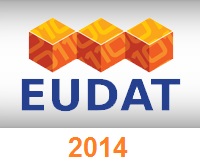
EUDAT is embarking on its third year with an even stronger focus on communities, services (both existing and new), training and collaboration. Continue reading

iPRES is the major international conference on the preservation and long-term management of digital materials. The iPRES 2017 hosted by Kyoto University will contribute to promotion of researches and development of technologies and services of digital preservation. Following the success of the previous conferences, the iPRES 2017 will serve as an international forum for the global community of digital preservation. Continue reading
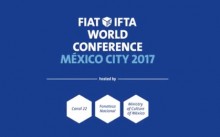
The 2017 edition of the FIAT/IFTA World Conference will be organised in October 2017 in Mexico City. FIAT/IFTA’ s annual conference is a unique opportunity to discover the future of the audiovisual domain and its new tendencies and uses, exchange knowledge and experience, and promote the study of any topic relevant to the development and valorisation of audiovisual archives. Continue reading
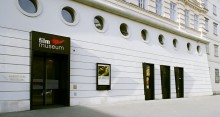
The PREFORMA project and MediaArea are pleased to announce initial details for a 2nd No Time to Wait symposium, hosted by the Österreichisches Filmmuseum – Austrian Film Museum. Members of audiovisual archiving, digital preservation, open media development, and open format standardization communities as well as curious onlookers are welcome to attend, discuss, and present on subjects pertaining to the intersection of open media, standardization, and audiovisual preservation. Continue reading

Analysis of the research tasks that were difficult or impossible with the IPSA website, but which CULTURA makes possible and easy. Continue reading
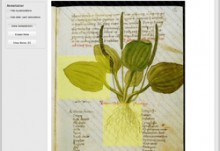
Text, illustrations, paintings and – more recently – photographs, video and audio recordings, much of them now digitised, recount many aspects of European history, from major international events to personal stories. Now, new technology is being brought to bear on these treasure troves of historical information, thanks to EU-funded researchers whose work promises to shed new light on the past. Continue reading
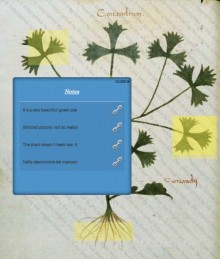
Interesting paper presented by a group of experts and researchers at the ACM Congress DocEng 2013 to introduce the main characteristics of the digital cultural collections that constitute the use cases presently in use in the CULTURA environment. Continue reading
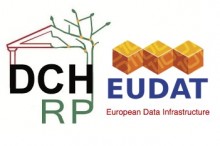
A Memorandum of Understanding has been signed to formalise the fruitful cooperation started in the past months between the two projects funded by the European Commission. Continue reading
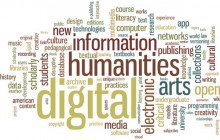
Digital Humanities Awards are a new set of annual awards given in recognition of talent and expertise in the digital humanities community and are nominated and voted for entirely by the public. There is no financial prize associated with these community awards, just the honour of having won and an icon for your website. By its work at making available, with the most advanced digital technologies’ support, the vast majority of the surviving inscriptions from the Greco-Roman world, we think EAGLE can be a valid and qualified competitor for 2013’s edition of DH Awards. Continue reading
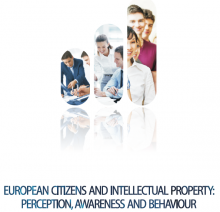
This survey provides an analysis of how IP is perceived at EU citizen level. It is launched at a time when IP has never been so present in the day-to-day lives of European citizens. Intellectual property rights cover everything from the food people eat, to the clothes they wear, the cars they drive and the music they listen to. And through the explosion in digital content and technology over the past decade, people are now closer to IP than ever before.” Continue reading
































